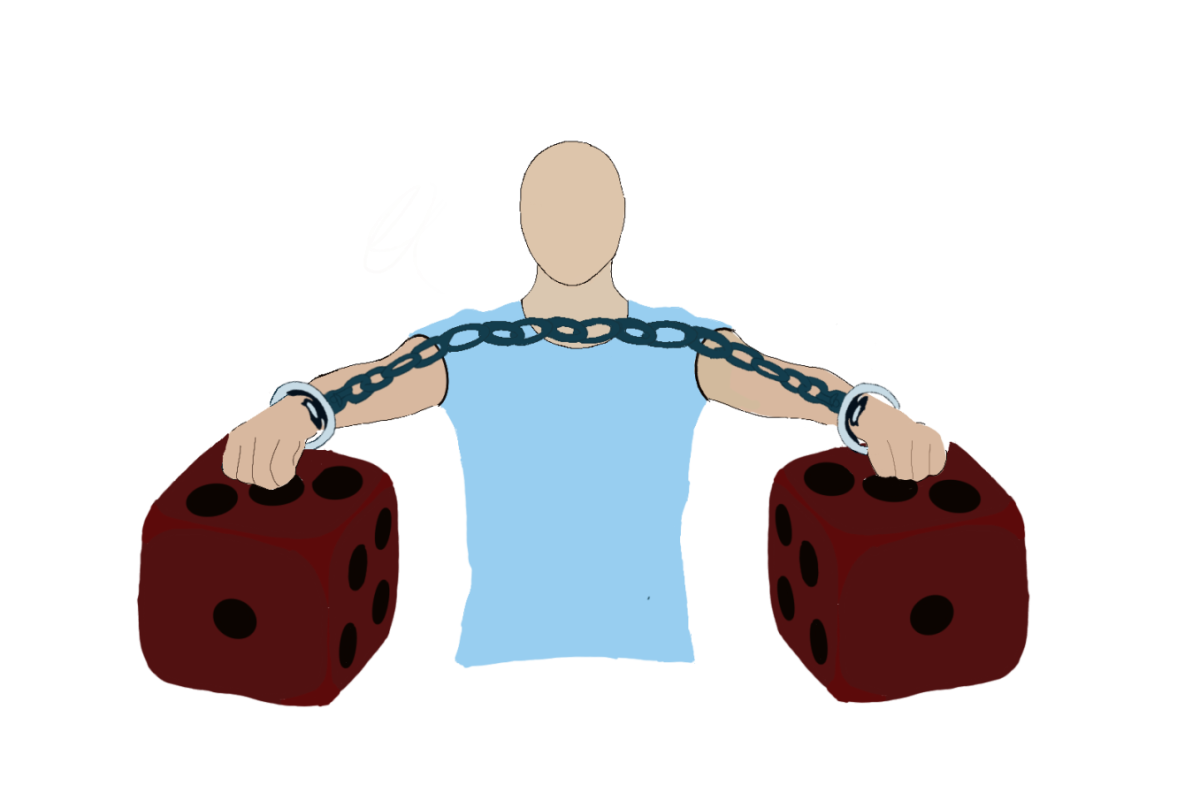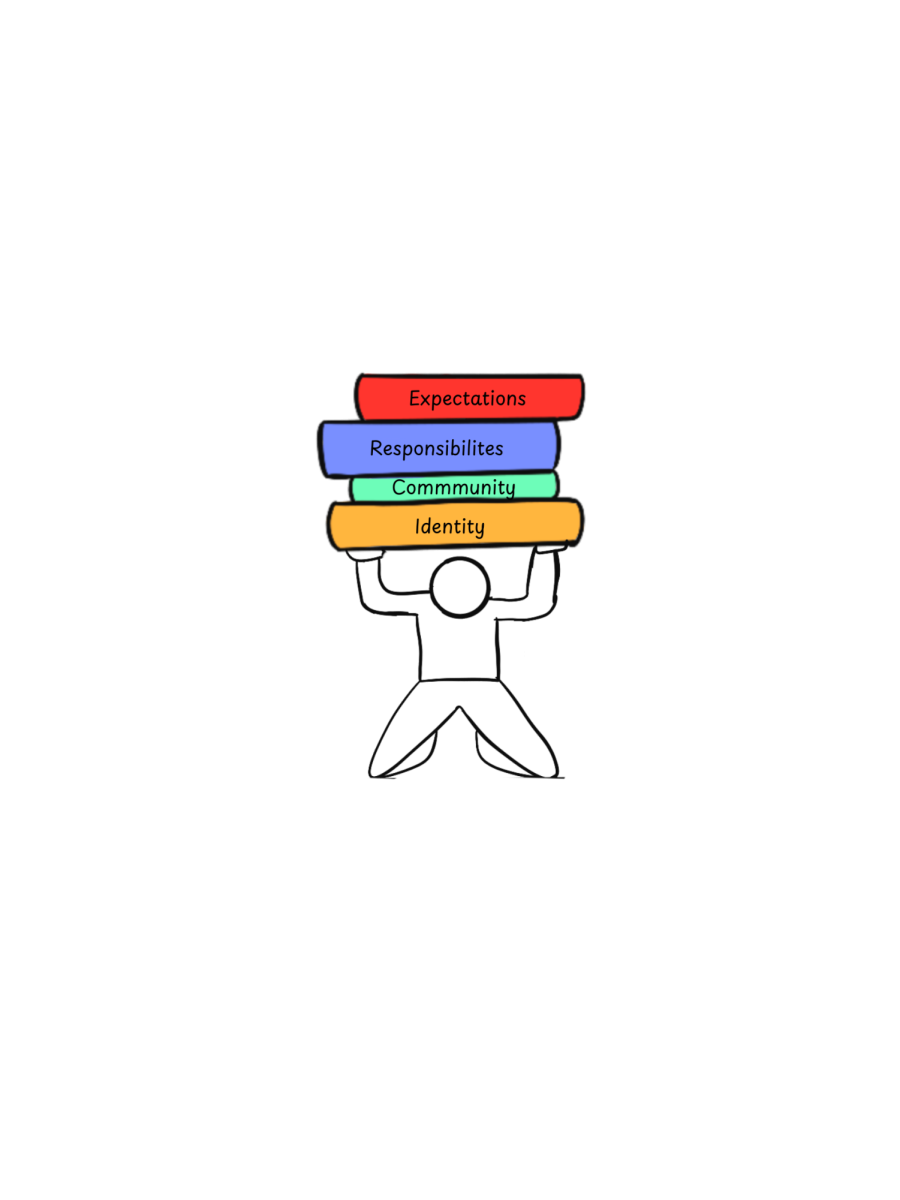Weight Watchers’ recent decision to offer free memberships to teenagers has been met with much backlash across the internet — and this comes as no surprise, as we, as a society, have become increasingly focused on what it means to be healthy. However, the concern over the effects of dieting on impressionable teens ignores another group — individuals who do not have access to healthy food options.
Weight is a touchy topic, as it brings about issues of body image, eating disorders and of course, what it means to be “healthy.” Is healthy a lifestyle, or is it a body size? Is “skinny” the new healthy?
Magazines and media are dominated by models, according to an article on Rehabs.com, an industry where a BMI of 15 or 16 is ideal. Obviously, this is unrealistic for the average American woman.
A study published in The Archives of Internal Medicine breaks the long-conceived notion that body size is an indicator of physical health. Being a “normal” weight does not guarantee health. There is no set trend — overweight individuals are shown to be as healthy as their thinner peers, and thinner people also exhibit health problems frequently found in those overweight.
So, the basis of the correlation between body size and healthiness is very much baseless. Despite this, “skinny” is still being touted as an ideal. However, while being overweight is not an accurate depiction of an individual’s health, there are still health issues that stem from being overweight, such as diabetes, heart disease and strokes, according to the National Institute of Diabetes and Digestive and Kidney Diseases.
The problem is that issues regarding weight are constantly viewed from a limited perspective, without concern for other stances. We skew conversations about weight too closely to a certain side of spectrum — that we should love our body, no matter what. That one should not diet, because they are fine the way they are. Or that being overweight is tied with unhealthiness and is often associated with numerous unsavory stereotypes, such as laziness.
While I completely agree with the need for body positivity and that one’s body size should not be an indicator of anything, people must also see another side of the spectrum and start making conversations surrounding weight not about body size, but about lifestyle.
Backlash from the program is due to the concern that by handing out free memberships, Weight Watchers is encouraging teen dieting, which itself has disastrous effects. However, a statement provided to CNBC from Weight Watchers states that their focus, unlike their original program which has a point system categorizing food, hopes to instead shift the focus on the development of healthy eating habits, not counting calories.
Furthermore, the new program catered towards teens solves a potential problem of teens utilizing the program as means of unnecessary weight loss, by offering a family-oriented approach — teenagers can only make use of the program should their parent or guardian allow them to do so. In doing this, the chance of a teenager participating in the program for the wrong reasons are lessened. Through the program, Weight Watchers are also able to screen teenagers who are at risk of developing a potential eating disorder.
Another added benefit is that this program will be of great service to those in low-income households. According to the Food Research and Action Center, those of lower income face do not even have the alternative of opting for a healthier lifestyle.
Lower income families have a greater abundance of fast food restaurants surrounding them. This is further exacerbated by a lack of farmer’s markets, which provide perishable foods. When perishable foods are in access, they are often of lower quality.
Aside from the poorer quality of food, for those of lower income, food is not always a constant. Due to the limited stream of meals, low-income households may experience periods with no food, which leads to skipping meals. And, due to the uncertainty in when one’s next meal may be, individuals tend to overeat in periods where food is present. The lack of equilibrium between skipping meals and overeating all contribute to poor eating habits that continue on in adulthood.
Poverty and obesity is a link that is often overlooked, and I applaud Weight Watchers for offering up a program that opens up options previously closed to lower income individuals. For now, there are no concrete statistics that prove the benefits of Weight Watchers’ new program. But, in the meantime, recognize that not everyone is in a position of privilege to be able to start a healthier diet regiment.
It is misleading to accuse Weight Watchers of encouraging teenagers to engage in dangerous diets. Embracing the body you are born in is of utmost importance, but this should not understate the struggle that low-income families have when it comes to accessing healthier food options.








